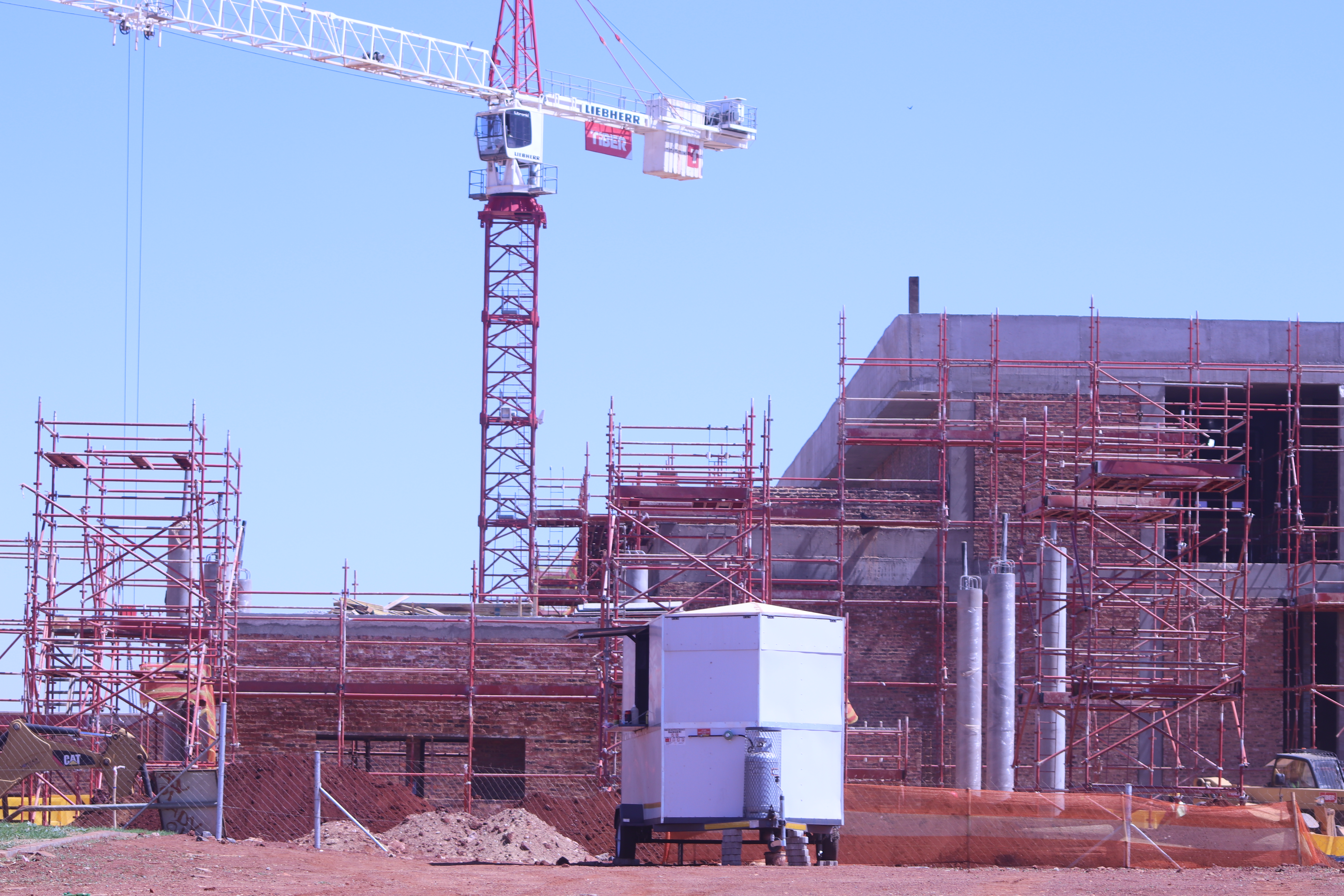|
In this final chapter of our Food truck series, we chatted to Joanne Robinson about some of her personal learnings in this mobile food journey.
“Every day I go home and tick another box: I learned something new today”.
|
 |
This is what Joanne Robinson says about her mobile food business. In 2020, Joanne decided to quit her corporate life and start a mobile food business. After a bumpy start, she and her business partner Bessie Mathonsi have established themselves in the construction sites along the R21.
We asked Joanne what she would do differently if she could start again.
1. Choose your target market and get to know their needs
“Construction workers work incredibly long and hard days. We have learned a lot about their hardships, and this has helped us modify our working hours, our menu, and even our value-added services like airtime, betting vouchers and charging mobile devices.
I have been very concerned about the lack of nutritional value in their diets. We sell more caffeinated energy drinks than any other item. Given this observation, I am determined to try and ensure the meals we serve are as healthy as possible and include vegetables.
Our meal serving times are critical as timekeeping is critical on the site. We must be ready and waiting. We have set up a WhatsApp line for our regular customers so we know their orders and can ensure we are ready when they arrive.
We have also learned a lot about trade rules for informal traders. Adding markups and even charging for spoons is the way other vendors do business. The playing fields must be “fair” even if the customer loses out. It’s been an interesting cultural induction”.
Our proposed pricing model and the prices out there were miles apart. Do your homework to confirm what people are prepared to pay for a decent plate of food.”
2. Food safety should get more emphasis.
“Our caravan is open six days a week – come sun or wind. We discovered early on that you can’t trade when it rains as the site comes to a complete stop. Food safety can also bring the site to a stoppage which puts a lot of responsibility on my shoulders. I have been appalled at the conditions of other vendors and the lack of awareness of this potential risk to the construction workers. We have had to work hard to find the right people to give us approval to come onto site. Food safety is not given the importance it should by building site managers and these large contractors.
As a business owner, you must decide your standards upfront. It has been much more challenging implementing some of the controls I had in corporate in this environment. I haven’t got it right yet. As we can, we will make changes to the design of our van, and this will make it easier.
3. The biggest pain points we overlooked
“I learned many years ago that the food business isn’t for everyone and this kind of food business is even more so as you don’t have access to basics that we take for granted like electricity and toilets! You must get permission to take power from the site and it’s hard to get this. This means keeping food and even drinks cold is a huge challenge. A gas-powered fridge is not a practical option. Camping battery-powered fridges are not big enough. Solar power is the right way to go but it is expensive. I transport huge quantities of ice blocks that we make ourselves to compensate for this, but it is not ideal. Dry ice is very expensive, and a cooler box just doesn’t make it the whole day. We serve some salads which means keeping food cold is very important.
There are no toilet facilities available to us. I must drive to the bathroom which is something we didn’t plan for. This obviously depends on your location, but this is a real challenge for our target market.
Security can be a challenge. We are fortunate that we can leave our mobile unit on-site at night and there is security. You must consider this. When designing the unit, you have to think about axle weight and towing”.
4. It’s about the customer
“We have learned a lot about customer service from our journey. I have a huge amount of respect for the men who work on these sites every day. They are demanding customers, but we understand why after observing the work they do. We have had to re-think a lot of what we planned to do to meet their demands. Mondays and Fridays are our busiest days. We didn’t expect that. We have had to very quickly adapt to changing circumstances and even menu requirements.
Our business is based on “word of mouth” and we have had to work hard to keep the site managers happy too. The inconsistencies are frustrating, particularly when I can see the food safety risks.
In our way, we hope we are helping to build South Africa and we will continue to do so, one plate of safe food at a time.”




